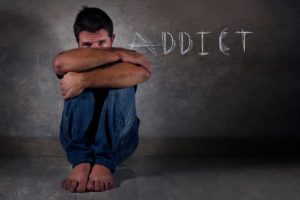Alcoholism is not a death sentence, especially considering that numerous individuals who struggle with this issue find the strength to not only get sober, but also stay sober for the rest of their lives. This type of recovery is possible, however it does not mean that those who are recovered do not face challenges in their sobriety, including determining a go-to plan for when they feel that they might relapse on alcohol.
What Action Can I Take to Prevent Relapse?
While you, too, are working on your recovery from alcoholism, you will likely experience similar challenges as other recovering users. One of the biggest and most impactful challenges of recovery is combatting relapse. It is important to have devised a structured plan for when you feel like you are going to relapse so that you can maintain your full sobriety from alcohol. Some of the many things that you can do when you feel triggered to use alcohol again can include the following:
- Call your sponsor – If you are a member of Alcoholics Anonymous, you have a sponsor who is available to help you at all times of the day or night. When you feel like you might slip up, call your sponsor to talk about what is triggering you and revisit why your sobriety is of the utmost importance to you. Utilizing their support can help talk you down off a dangerous ledge.
- Go to support group – When you think you are about to relapse, get yourself into the very next support group meeting in your area. Talk about your struggles in the company of others who understand your position, and allow them to provide you with tips and tricks to avoid using again. Support groups are also majorly beneficial if you are feeling like you are on the verge of using again in that they can be a shoulder to lean on when you are feeling troubled. Putting your concerns out into the open can help you release the stress they are causing you internally.
- Tell your friends and family – Your friends and family likely want nothing more than to see you stay sober, so utilize them in order to do so. When you feel like relapse is right around the corner, tell your loved ones that you are on shaky ground. Allow them to help keep you preoccupied, remind you how important your sobriety is to everyone, and feel free to express your emotions to those who know you best. By enlisting the support of your family, you can work past the emotional challenges that trigger your desire to use again.
By calling on your sponsor, getting yourself into a support group and notifying your friends and family of your concerns about relapse, you can prevent yourself from slipping back into your old ways. The support of your loved ones and those who care for you combined with your determination to stay sober can help you navigate through tempting times so you do not revert back into full-blown alcoholism. In the event that you should relapse, it is crucial that you contact your sponsor and/or connections from your recovery center to help you get back on track before your use becomes uncontrollable.










